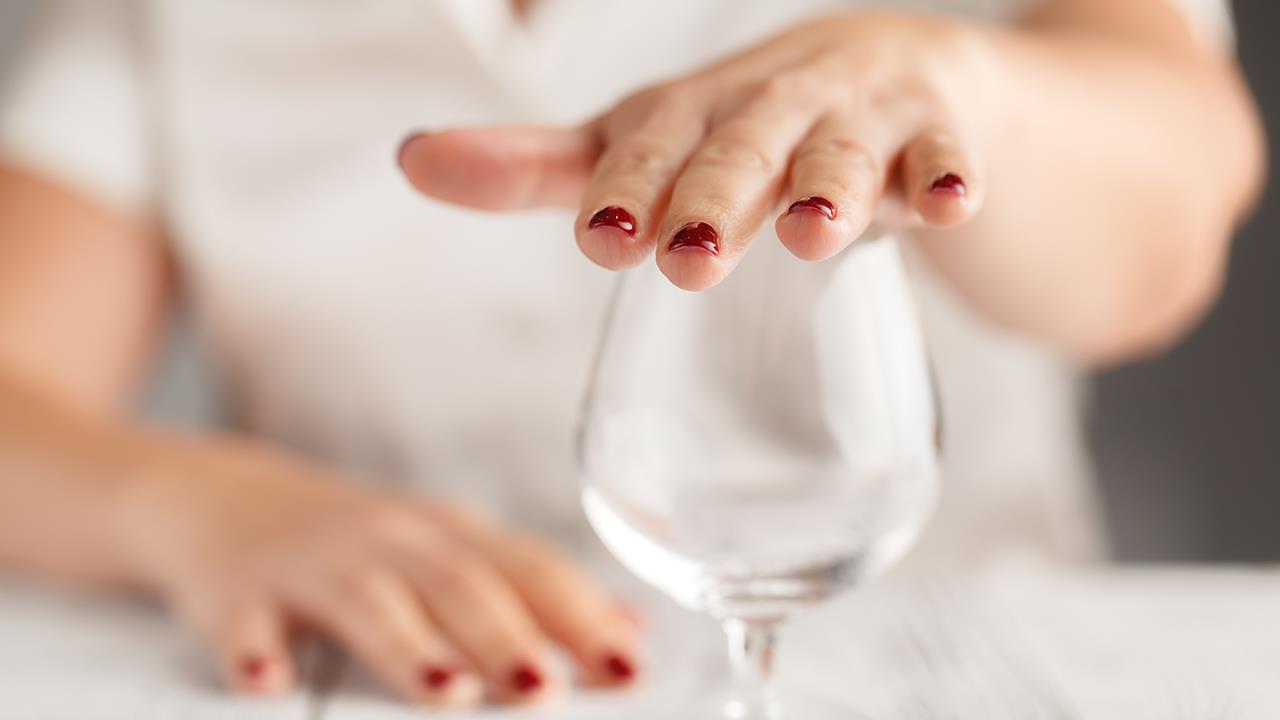
Published: 27 March 2024
A free smartphone app, Drink Less, can help people who would benefit most from reducing their alcohol consumption to do so successfully. That’s according to a large randomised controlled trial funded by NIHR.
The study, published in eClinicalMedicine, was led by researchers at UCL. It found that people randomly recommended to use the Drink Less app reduced their drinking by 39 units a week at 6 months. This was 2 more units a week on average than a control group which received standard NHS advice.
There were 5,602 participants in the study. All were increasing or higher risk drinkers interested in reducing their alcohol consumption. They were either sent a link to an NHS alcohol advice webpage, or a link to download the Drink Less app.
Lead author Dr Melissa Oldham (UCL Institute of Epidemiology & Health Care) said: “These results show that the Drink Less app can be useful for people looking to reduce their alcohol consumption.
“Alcohol consumption can lead to many health conditions such as cancer and cardiovascular disease. About 20% of the adult population in the UK drink alcohol at levels that increase their risk of ill health and the Drink Less app could help these people to cut down.
“Reducing intake by an extra two units a week on average may seem small but is significant both in terms of preventing potential health harms as well as reducing costs to the NHS.”
Senior author Dr Claire Garnett (UCL Institute of Epidemiology & Health Care and the University of Bristol), who led a team in developing the app while at UCL, said: “Many apps offer to support people to cut down their drinking but this is the first randomised controlled trial of an alcohol reduction app for the general population in the UK.
“If people are going to use an app, it would be better if they tried one that had good evidence behind it. An app that is not effective may make it less likely for that person to try to reduce their drinking in future.”
The team also estimated that if the Drink Less app were rolled out widely, it would save the NHS hundreds of millions of pounds over 20 years.
The Drink Less app allows people to:
- set goals
- record how much they drink
- log their mood and sleep quality after drinking
It shows progress towards goals and can offer feedback and support. This includes action plans for situations where users would usually drink.
Another feature is that the app shows where in the UK population users are in terms of how much they drink each week – i.e., what percentage of the population drink more or less than they do. This can be a shock. Most people underestimate how much they drink compared with the general population, the researchers said. Anyone can download the app from the UK Apple App Store and see how they compare.
Participants were recruited via:
- adverts on NHS webpages
- radio
- social media
- posters in GP surgeries
They were eligible if they were:
- over 18
- wanted to reduce their drinking, and
- categorised as an increasing or higher risk drinker based on a questionnaire assessing how much they drank
The app was even more helpful for female participants. They reduced their drinking by an additional 2.5 units. This was compared to women referred to the NHS advice webpage.
The Drink Less app is currently available on Apple App Store but not yet for Android devices.
Dr Oldham also said: “Digital interventions have the potential to reach a large number of people at relatively low cost. However, not everyone has access to digital devices, so these interventions should be part of a comprehensive government strategy to reduce alcohol consumption and alcohol harms.”
Professor Brian Ferguson, Director of the NIHR Public Health Research Programme, which funded the study, said: “These findings show that the Drink Less app has the potential to help people monitor and reduce the amount of alcohol they consume. In addition, it highlights the importance of harnessing technology to help improve public health, although the app will need to be adapted to extend its population coverage.”
For more information about this study, please visit the study's project page.

